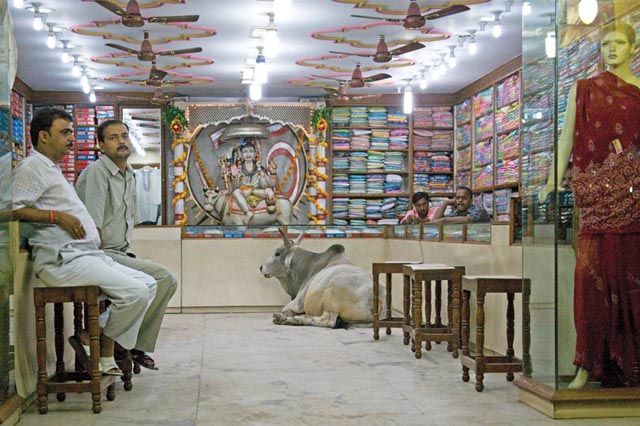I like to hear Shanmugam’s explanation. His previous explanation for allowing the PRC family to restrict the local Indian family cooking was a shocker.

When the Law Minister spoke up, his first instinct was to caution Singaporeans against xenophobia, rather than protecting our cultural heritage and way of life.
Make no mistake about it — K Shanmugam’s primary focus and concern was that we accommodate foreigners, not that foreigners learn to respect our traditions and adapt to our local customs.
The Law Minister took pains to emphasize that the CMC which acted as the mediator in this matter is a neutral and independent party that does not impose its wishes on the parties in dispute. He also stressed that it is also not the CMC’s role to point out whether an agreement is reasonable or not, and that the solution must be provided by the disputing parties themselves.
By making the CMC sound more like a passive and innocent bystander rather than an active enforcer which is supposed to provide both leadership and clarity in any dispute, K Shanmugam in fact was not helping matters at all.
In this instance, citizens have been told that a foreigner has made a complaint against a Singaporean family concerning a local custom that has been alive in our nation for generations, and that the Singaporean family has yielded to their demands.
Would the Law Minister please explain to us how a passive and lame-duck CMC helps to alleviate people’s concerns about the willingness of foreigners to adapt to our local ways?
The day that curry became political was
not the day the Indian family acceded to the demands of their PRC neighbours. Compromise is often necessary in life, and respect and tolerance must work both ways. Perhaps both parties really did come to an amicable solution and both were genuinely pleased at the outcome. At least, that is what I hope happened.
Instead, the day that curry became political was the day that a cabinet minister demonstrated that his first instinct, his first reaction, was to protect foreigners from any potential xenophobia, rather than trying to assure Singaporeans that the government would do its best to get foreigners to adapt and adjust and be part of our community.
We should all abhor xenophobia, whether against foreigners or against any specific community.
I believe that given our history as a nation of immigrants, Singaporeans from diverse ethnic and religious backgrounds have learnt over the generations to coexist harmoniously and peacefully.
Do the newcomers to our land, the foreigners that we welcome to our shores, share these same ideals too?
It is the responsibility of the government to ensure that foreigners who come to live and work here respect our local traditions and customs and appreciate our way of life.
Tolerance and understanding cannot be a one-way process. It must be a shared journey, a common path forged between Singaporeans, foreigners and the government. However, the government has yet to show it is keen on sharing this journey with Singaporeans.









 have to use sea or air to reach. Maybe small country?
have to use sea or air to reach. Maybe small country?